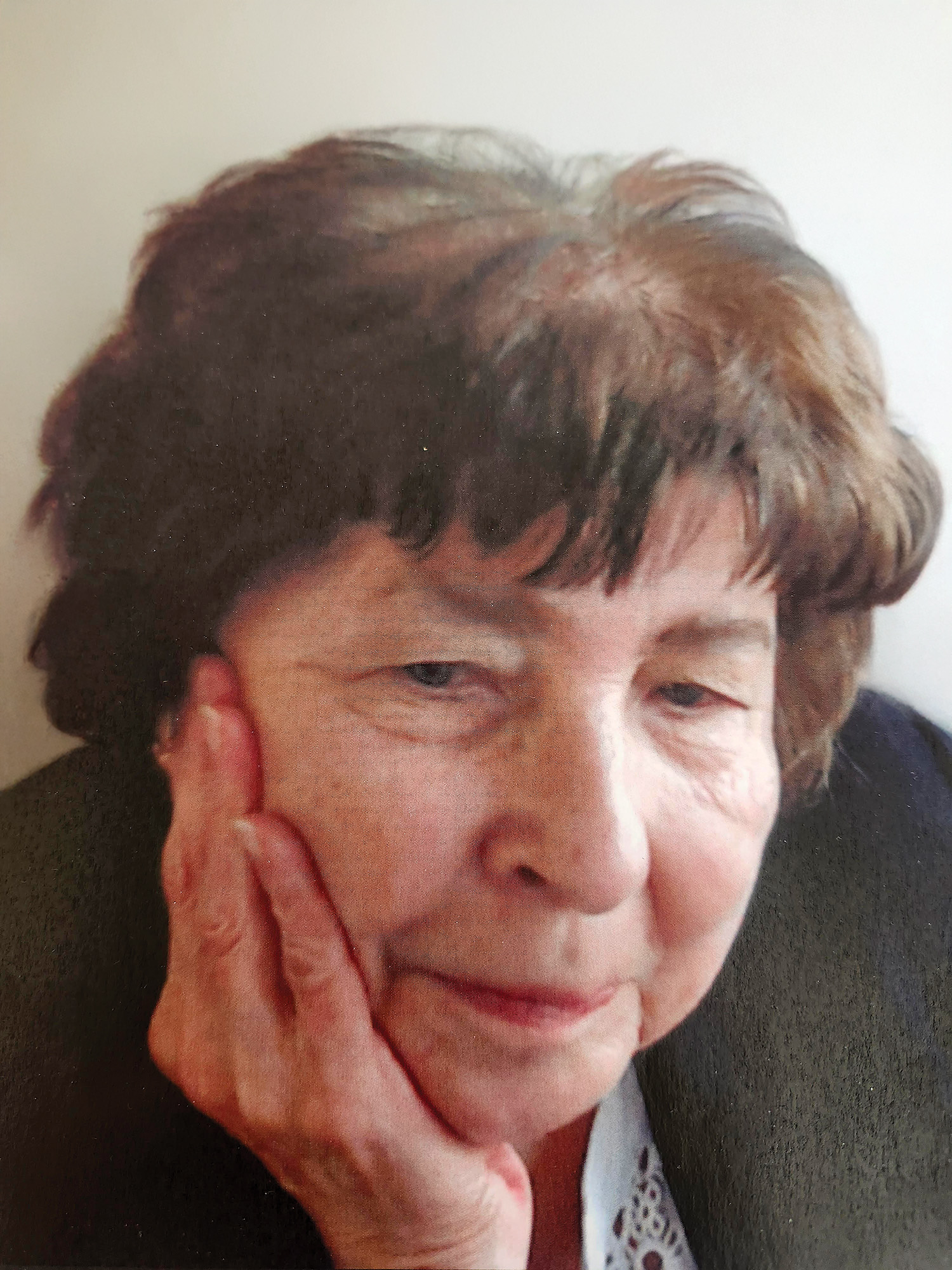No community is built overnight. The seeds of mutual support and trust take time to root, and they need care, patience and vision to flourish. Fortunately, Lynn Hannley was a gifted gardener. She understood how to cultivate community through cooperation and compassion — a vision she nurtured over decades, helping others find safe, sustainable housing and a sense of home.
Lynn Hannley began her career in the late 1960s as a recreational organizer, where she saw firsthand how the city’s most vulnerable populations were being failed by a lack of accessible, affordable housing. By the 1970s and ’80s, what had once been community-centred theory began to take root as practice — a shift she welcomed and helped lead. Hannley’s involvement grew through the Native Brotherhood Society Centre and the Edmonton Social Planning Council, where she joined the team that established WIN House, Edmonton’s first emergency women’s shelter, in 1970.
That happened to be the same year that Simon and Garfunkel released Bridge Over Troubled Water, one of Hannley’s favourite albums. The tender lyrics of its titular track reflected the kind of care she hoped to provide women at the shelter. She developed a ritual of popping the album into the cassette player at the start of every volunteer training session, and the women would sit together and listen as softness settled over the room.
In the decades to come, Hannley herself would bridge several groups working to improve the city’s housing landscape. She founded two organizations in the early ’70s — the Communitas Group and the Edmonton Coalition on Housing and Homelessness — and volunteered with many more. Opportunities to push new projects forward came few and far between, so Hannley often forged them herself. Once, in 1971, after being denied a meeting with Canada’s health minister during a visit to Edmonton, Hannley coaxed the politician into accepting a ride to the airport. Now trapped on the icy QE2 for 30 minutes, he had to listen to Hannley’s proposal for a community services centre providing social supports for Edmonton’s most disadvantaged citizens. Captivated and persuaded, the minister’s department would soon fund a three-year pilot project that created the Boyle Street Community Services.
